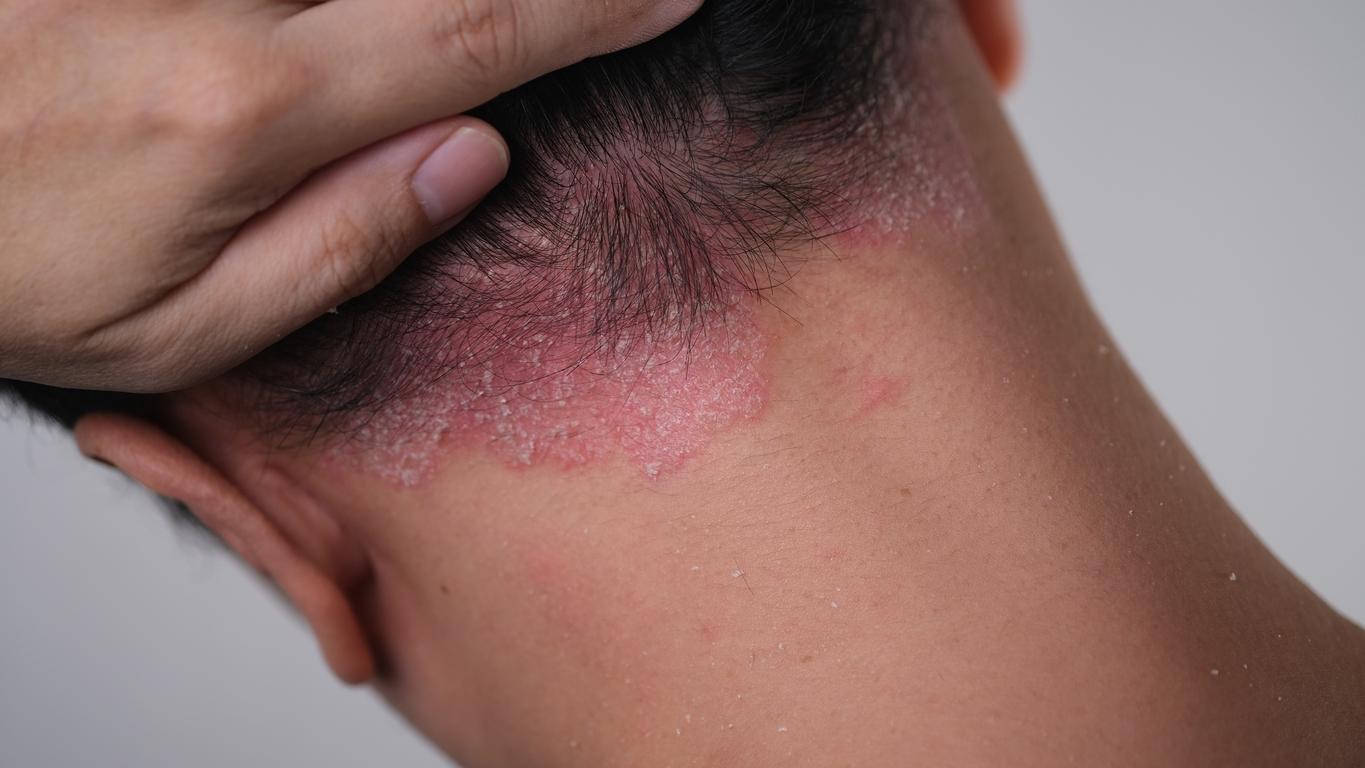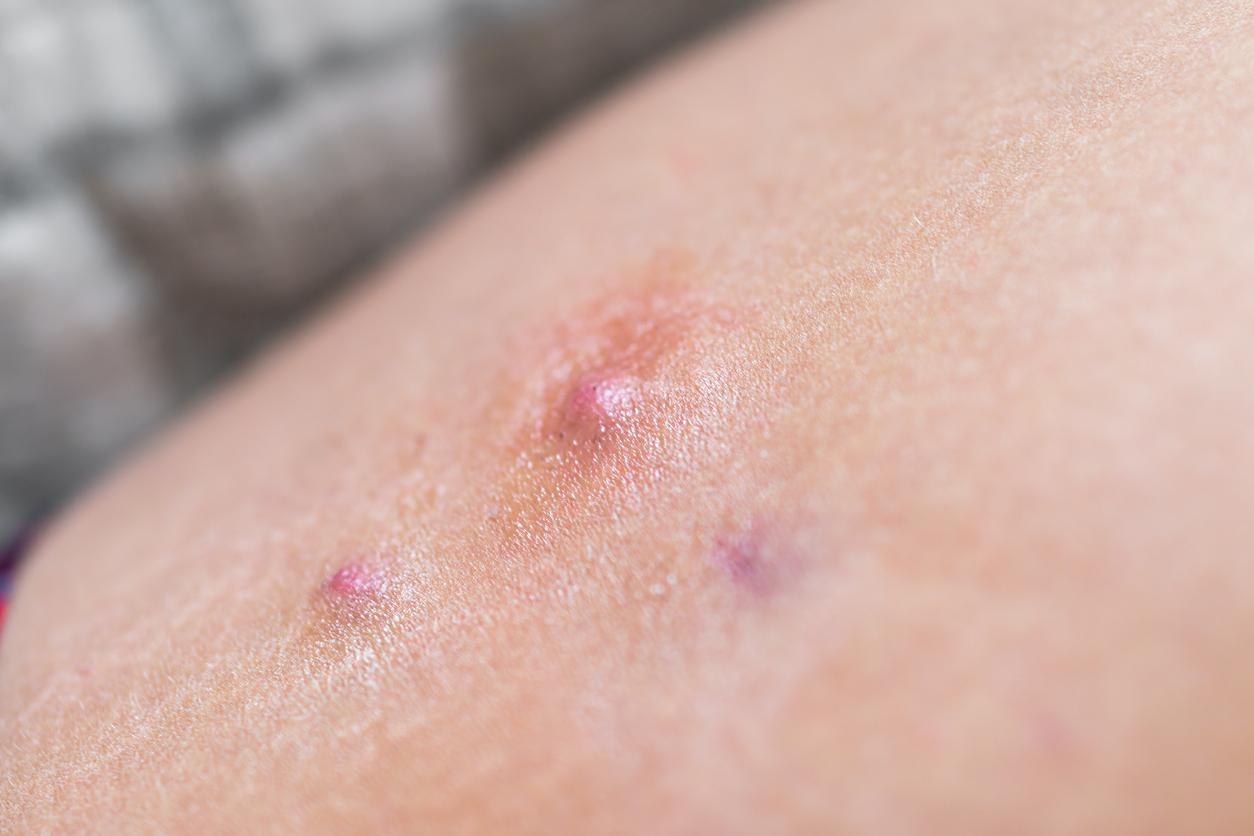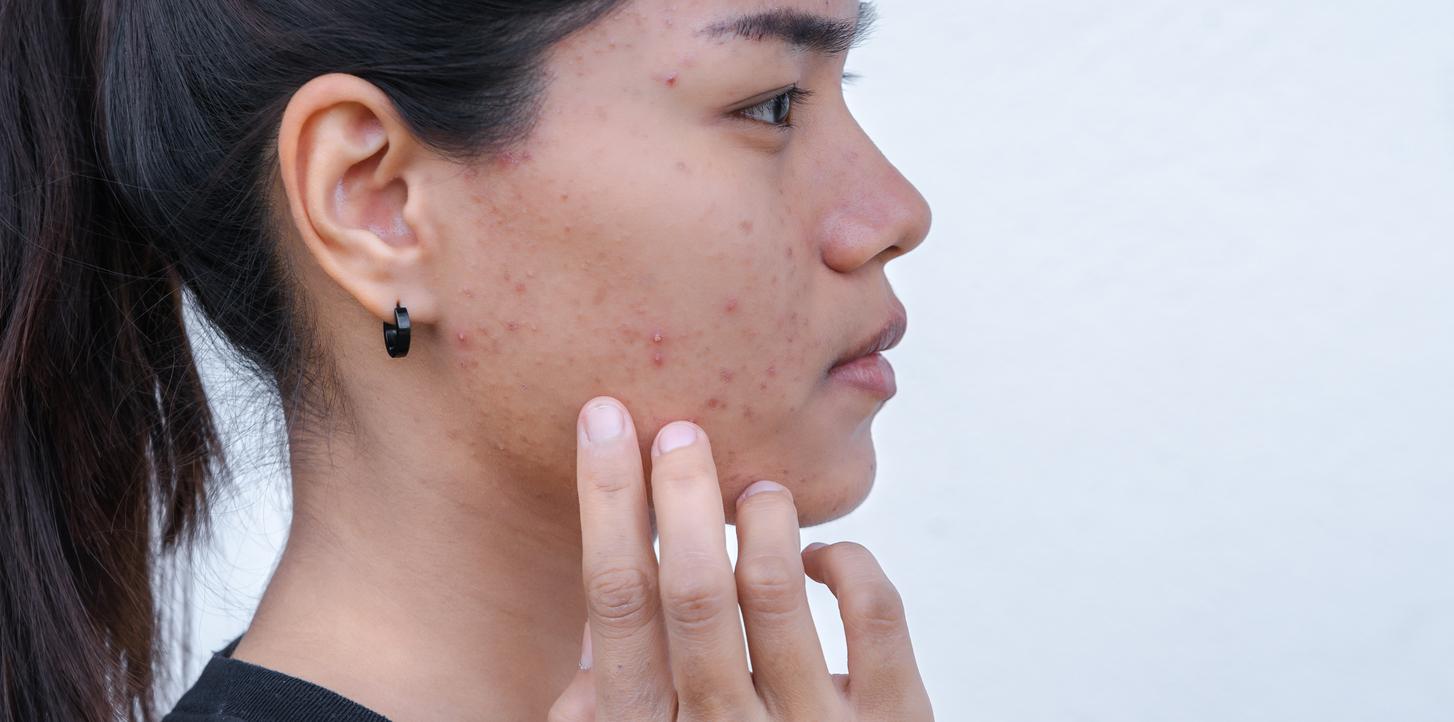A team of researchers has just developed a skin test that would be able to diagnose skin diseases. Parkinson’s and D’Alzheimer’s. The results of this study, conducted by the National Council of Science and Technology in Mexico City (Mexico), should be presented in April 2015 at the 67th annual meeting of the American Academy of Neurology.
The principle of the test is simple, but extremely relevant: it involves taking a piece of skin from the patient (an act called “skin biopsy”) and analyzing it in order to detect traces of proteins altered by any of these diseases.
Earlier diagnosis
The study, carried out on 65 people (including 20 suffering from Alzheimer’s, 16 from Parkinson’s, 17 from dementia and 12 in good health) revealed that people suffering from Alzheimer’s or Parkinson’s had levels of tau protein seven times higher than the average and that people suffering only from Parkinson’s disease also had an alpha-synuclein level eight times higher than normal.
“Obviously, this research deserves to be deepened but the first results are encouraging, assures Ildefonso Rodriguez-Leyva, the main author of the study. In the future, this skin test could allow medical personnel to detect Alzheimer’s and Parkinson’s diseases much earlier. We also hope to extend this test to other neurodegenerative diseases. »
Read also: Neurodegenerative diseases: the therapeutic virtues of an African plant.


















